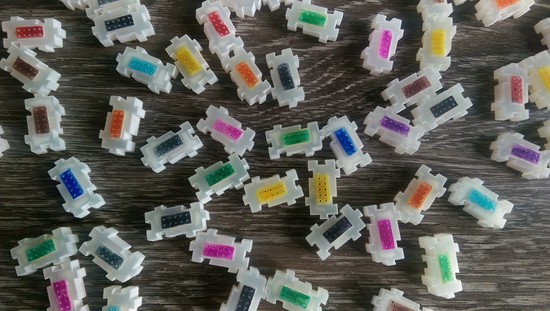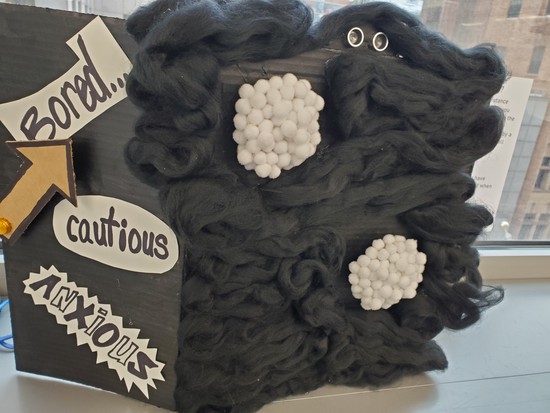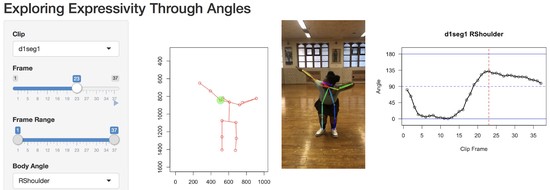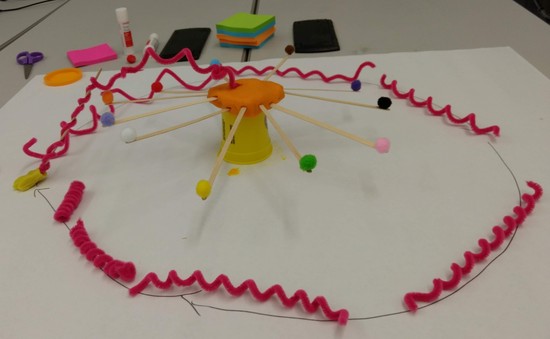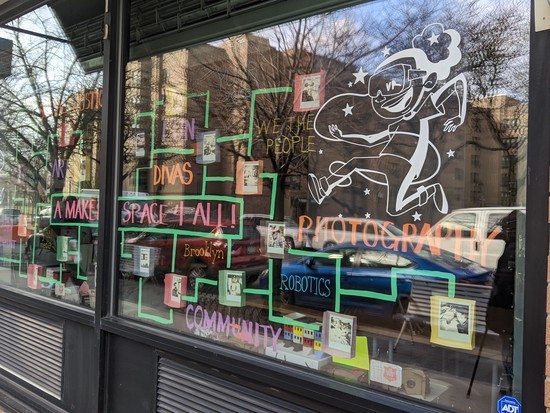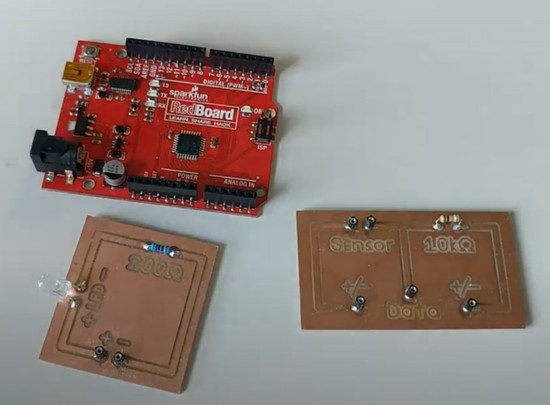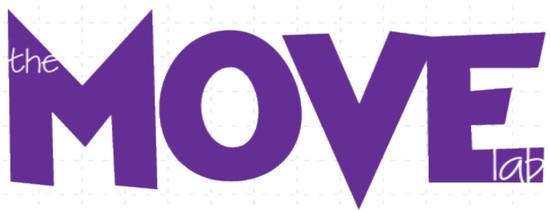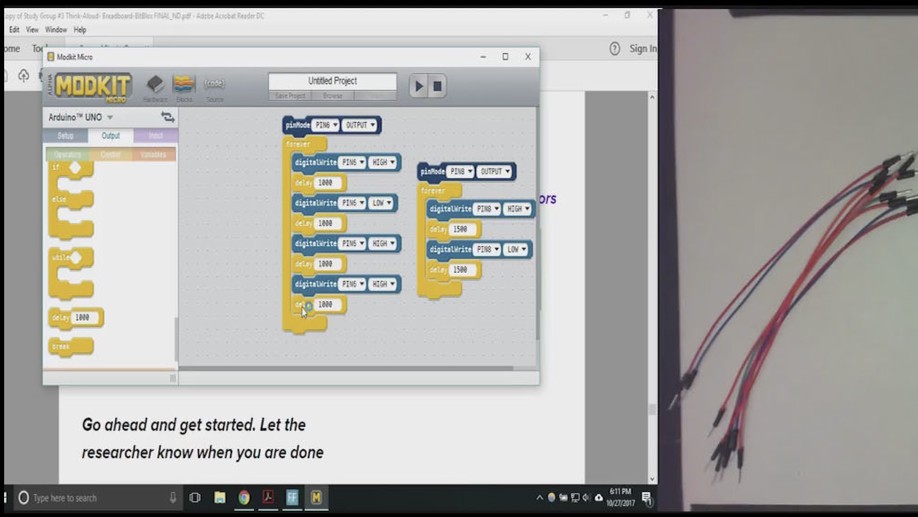Kayla DesPortes
Assistant Professor of Human-Computer Interaction & the Learning Sciences
New York University
Biography
I am an Assistant Professor of Human-Computer Interaction and the Learning Sciences at the NYU Steinhardt School of Culture, Education, and Human Development. My research vision is to use computing education to empower learners who are typically marginalized by technology. To do this, I design and study artistic computing learning environments and technology. I work in collaboration with educators, learners, artists, and community organizations. This work has led me to explore ways for learners to leverage their cultures and values as they build expressive designs with computing. My projects span across computer science, poetry, electronics, visual arts, photography, social action, machine learning, dance, and data science.
I am the PI (i.e. lead researcher) on a National Science Foundation (NSF) grant working with dance and computing educators to examine how the disciplines can be synergistic (STEM+C 1933961). The project investigates the ways physical computing, machine learning, and data science can be valuable for various dance communities. I am also the Co-PI (i.e. a supporting researcher) on an NSF grant exploring the co-design of data literacy and art curricula with middle school art and math teachers (DRK12 1908557). Further, my work exploring commercialization of my educational computing technology has led to acquisition of National Science Foundation Innovation-Corps (I-Corps) funding.
Interests
- Artistic Computing Education
- Physical Computing Education
- Data Science & Data Literacy
- Human-Computer Interaction
- Equity with Technology
Education
-
PhD in Human Centered Computing, 2018
Georgia Tech
-
BSc in Electrical Computer Eng., 2010
Cornell University
